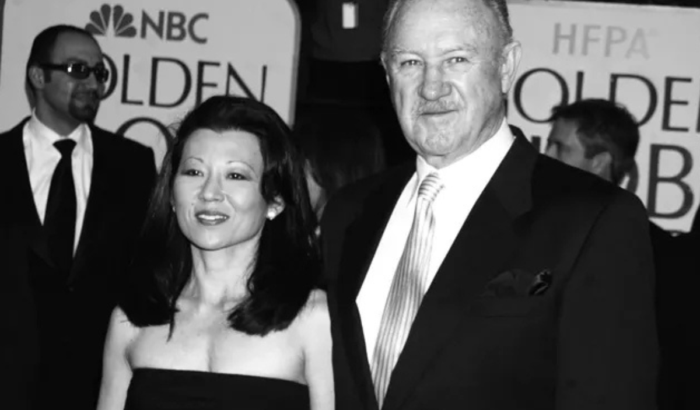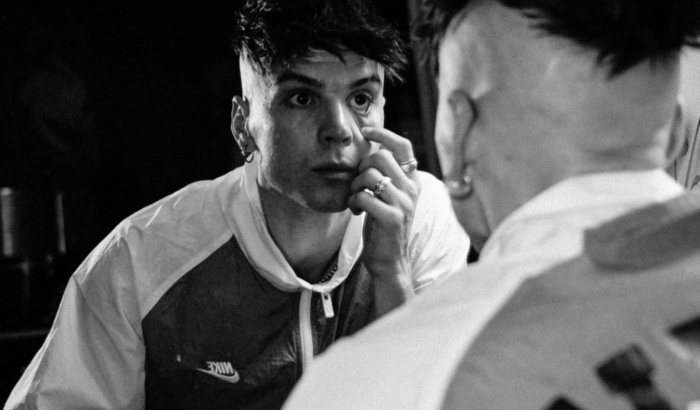An audience with Anne Thistleton: Get to know our Keynote Speaker
We’re getting seriously excited for our event on the 10th March, entitled ‘The Untapped Science of Communicating with your Customers.’
Star of the show, if you will, is our speaker Anne Thistleton.
If you’ve not heard of Anne, here’s a whistle-stop rundown. She’s a marketing veteran (ex Marketing Director Coca-Cola) with an MBA from Harvard, a Mind Science Practitioner, and founder of LIGHT Consulting – which is revolutionising the way brands engage with their target audience.
Ahead of our event, our Creative Director Phil Blackmore sat down to pick her brain.
We can’t wait to hear your talk next week, Anne. What is the focus going to be?
My focus is giving the audience an understanding of what really drives our thought processes, what generates meaning and what drives decision-making.
“As marketers, we’re trained that our rational mind drives our action, but that’s been disproven decades ago.”
It’s actually our non-conscious processor behind our decision-making. And I just wish all marketers could understand that, because with a little bit of education, you find yourself with a fundamentally different lens for creating marketing communications.
Why do you think more people in marketing aren’t aware of the reality of our decision-making?
Change is really hard to enact. Confirmation bias gives us a tendency to make new information fit into what we already believe. When presented with something so outside of what we want to think about ourselves, it’s a challenge to take that in.
Also, there’s been no big push from anyone to share this information. Other than the companies who are trying to sell it, which are market research companies and a handful of consultants.
The major FMCG companies around the world are on board though, the Proctor and Gambles and Coca-Colas of the world have been at this for 20 years.
That’s fascinating. And how exactly does an understanding of the mind and its non-conscious processor help in relation to behaviour change?
Marketing is always about trying to drive behaviour change. But somewhere over the years, we accepted that 80% of all new products fail, 50% of our marketing budgets don’t work, and that’s just how it is.
But actually, marketing fails because it’s based on the belief that our conscious mind drives our actions. So, our marketing has been talking to that conscious mind.
“But when you think that 95% of all brain activity happens beneath our level of awareness, you start to realise that to change someone’s mind, you need to communicate with them on a non-conscious level.”
And to start to do that, you have to understand the fundamentals of how the mind works, and how your communications are going to be processed.
As you know, this area of Mind Science has been pioneered by a man named Gerald Zaltman. How did you come to work with him?
It’s a funny story.
Coca-Cola called me in to find out why it was failing in the black townships of South Africa. Being a white woman from the US, I knew I was out of my depth. I needed experts – Jerry became that expert.
He had an innovative new research methodology that would enable us to surface insights that were hidden when using traditional research methods. He taught us so much about how the mind works.
It was revolutionary to me. So I asked Jerry, if we’re all going about our positioning, communications and research all wrong, what do we do now?
That set me off on the journey that I’ve been on for 20 years. I still absolutely consider Jerry as my mentor. Any time I publish anything or do a TED talk or anything like that, it always goes to him first.
What about Jerry’s thinking really connected with you?
The very simple idea that our mind is associative. So, when you put a communication in front someone, it’s going to start lighting things up in their brain, and that’s going to light something else up, and on and on.
Which is the opposite of what we’ve been raised on – brand ladders. You know that old belief, “you can’t get to emotional benefits until you’ve been through functional benefits”.
Mostly, I was really was drawn to how clearly Jerry laid his ideas out. It all made sense for the first time.
There are plenty of dense books on the subject, many I’ve waded through myself. If you could recommend one book to our readers to get them into Mind Science, what would it be?
If this thinking is completely unknown to you, I’d recommend Blink by Malcolm Gladwell. It’s so easy to read, you could finish it in a weekend.
Moving on from that, I’d recommend Before You Know It (The Unconscious Reasons We Do What We Do) by John Bargh. He does a terrific job at talking about the power of the non-conscious processor. And what he does that many others don’t is explain why this should matter to you and, therefore, what you should consider doing differently.
And of course, How Customers Think by Gerald Zaltman, which I helped edit if you really want step by step guidance in terms of how to rethink your approach to marketing based on this new knowledge.
Thank you, super recommendations. Finally, what can our audience expect to take away from your talk?
I’d like to teach them to not be afraid or overwhelmed by this new knowledge.
This talk is literally 10 years in the making, and I’ve tried to make it as accessible as possible so marketers have the beginnings of how to apply this Mind Science knowledge.
“The audience will be able to walk away and start asking themselves ‘what is this communication lighting up for the people who view it?’ And if it’s not doing what they want it to – then they would know where to start to address that.”
As marketers, we need to be deliberate about every single thing we put into our communications, because the brain that is taking in 11 million bits of data every second will see it, will sense it.
Even a seemingly inconspicuous clock on the wall in the back of an advert – will be absorbed and will be lighting up neurons, adding or detracting from the meaning of the communication. That’s the powerhouse of our brain.
Thank you, Anne, this is mind-opening stuff. We will see you on the 10th at The Untapped Science of Communicating with your Customers.’
If anyone would like to access the event, please do so via Eventbrite.
Or if you’d like a recording of the event, please email Carrie@create.18a.co.






